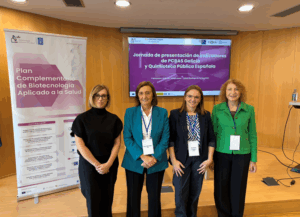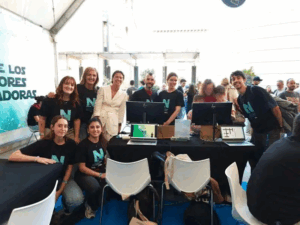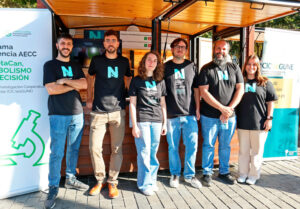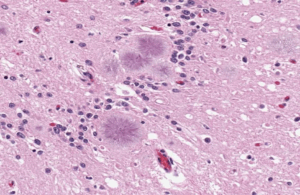
PCBAS Galicia presenta sus indicadores y consolida a la Quimioteca Pública Española como referencia nacional en biotecnología aplicada a la salud
El pasado viernes 17 de octubre tuvo lugar en el CiMUS (Center for Research in Molecular Medicine and Chronic Diseases)






